
We kindly inform you that, as long as the subject affiliation of our 300.000+ articles is in progress, you might get unsufficient or no results on your third level or second level search. In this case, please broaden your search criteria.



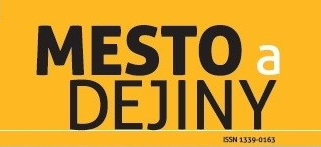
Moats were important elements of the defenses of towns. A less studied secondary usage of urban moats is there role in local economies. The study discusses the exploitation of moats in milling using the example of the town of Prešov. The paper argues that the study of the water mills built by the moat can add to our understanding of the general topographic development of the town.
More...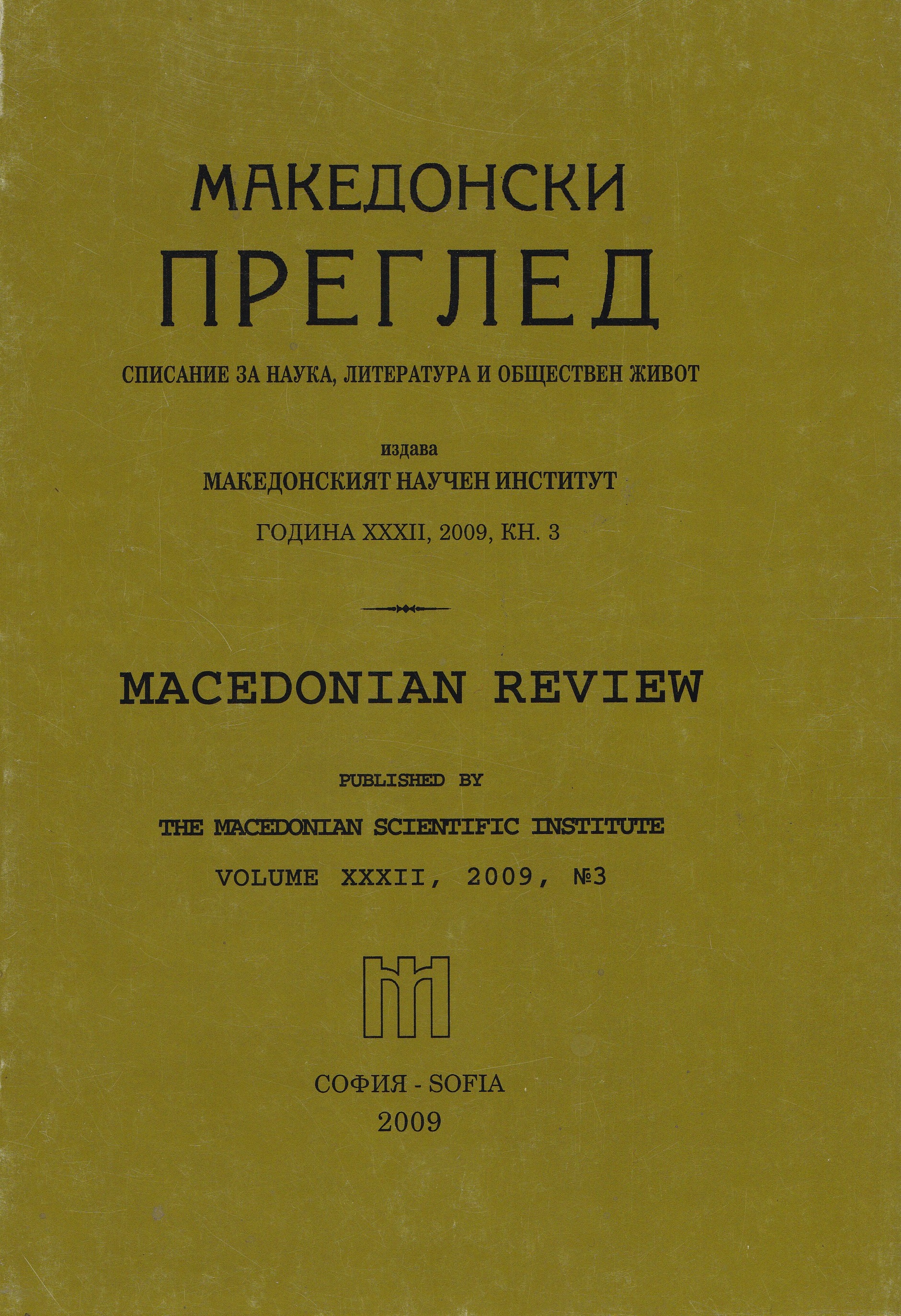
In the period after the Liberation the official policy of Bulgaria had a number of tactical mistakes. There was a wrong approach towards determining the role of domination and the evaluation of the idea for Macedonia being autonomous, the preparation for and the participation in the Balkan wars and us seeking support from the Great powers.
More...
The article is concentrated on the word-formation of some names for actions and for results of actions from the female gender which form less marked word-building types in the text of the Codex Marianus from the X с (a Glagoihic monument written in the Southwestern Bulgarian lands).
More...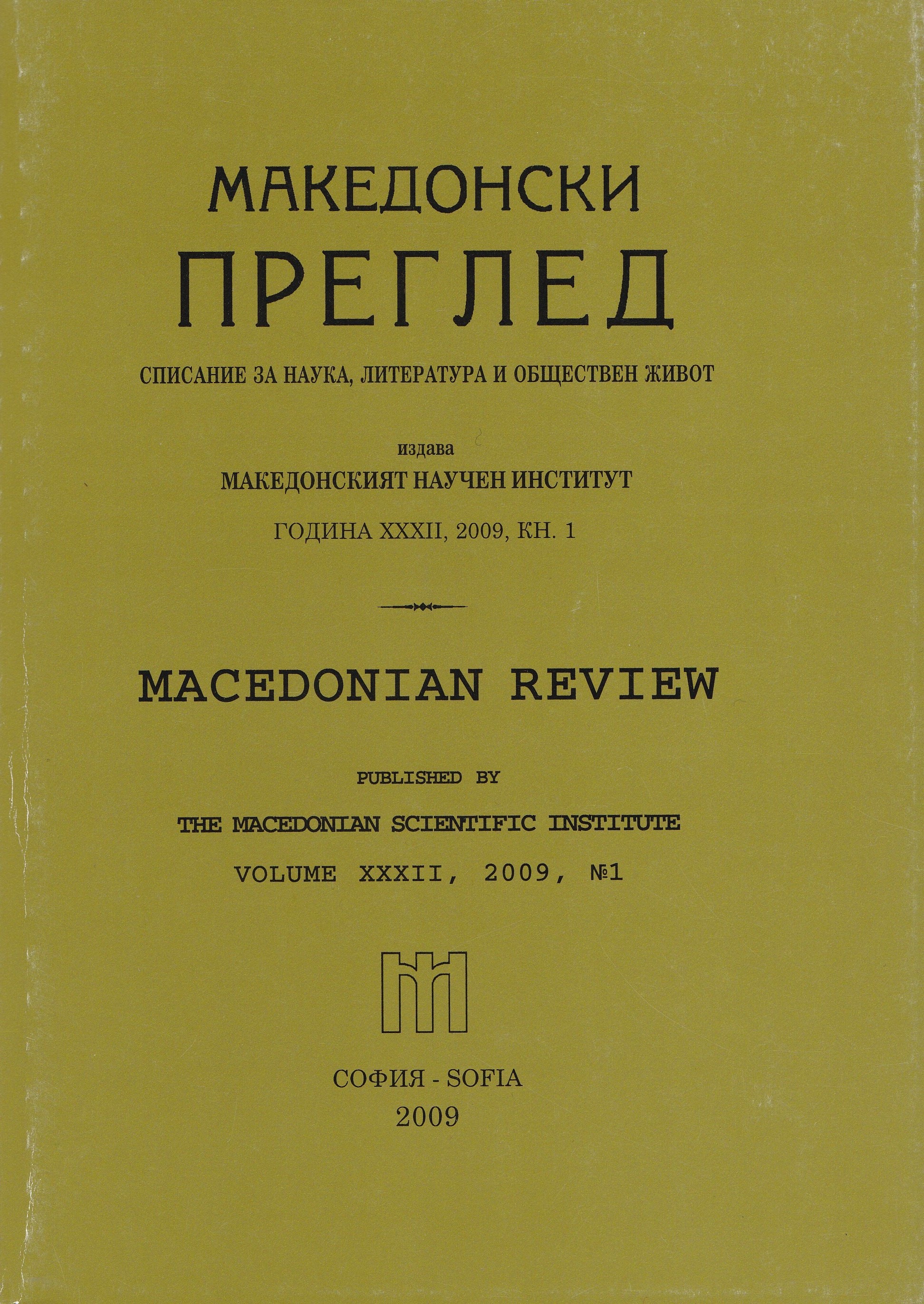
The article reveals the lifespan and professional activity of a well-known poltavian, professor VolodymyrShchepotiev. He is highly acknowledged in history as a talented pedagogue, who experienced the growth from a teacher of the Ukrainian literature to the professor, rector of Poltava institution of Folk Education. Being a person with encyclopedic knowledge, as well as being keen on the history of the Ukrainian language and folklore V. O. Shchepotiev applied the folklore patterns and samples in his work. V. O. Shchepotiev was a talented scholar, researcher, and organizer of scientific lifestyle of the region. He wasthe first who initiated establishing of Poltava scientific society, was on good terms with Ukrainian Academy of Science in Kiev, as well as with scientific establishments in Kharkiv. He was the one who organized and subsequently maintained the regional archive while systematizing documents and ordering personal archives. Professor initiated the onset of local history investigations. He personally headed the department of folklore and language in regional museum and at that time he developed the structures of expositions, and systematized the museum collections. He would numerously visited the villages of Poltava to discover historical and cultural as well as ethnographical items and to convert them into museum display objects. V. O. Shchepotiev played an extremely significant role in establishing and developing the theatre and music arts in Poltava region. He was in charge of one of the part of Poltava drama theatre and was one of the talented stage director. He gave his educational lectures to people before the concert programs of the choir "Boyan" which were devoted to folklore and local history. The contemporaries would estimate V. O. Shchepotiev’s music talent, who wrote music compositions, played different music instruments. He, ultimately, was the first who started the scientific investigation of M.V. Lysenko’s biography and creative heritage. The translations of poetry and prose from French, Polish, in particular the poetry by Beranger, libretto for several operas composed an integral part of his literary heritage. His creative and scientific activity was broken down with political repression of the power of the Soviet Union. He was arrested and convicted to administrative exile according to a trial case of SVU and afterwards he was shot away in 1937.
More...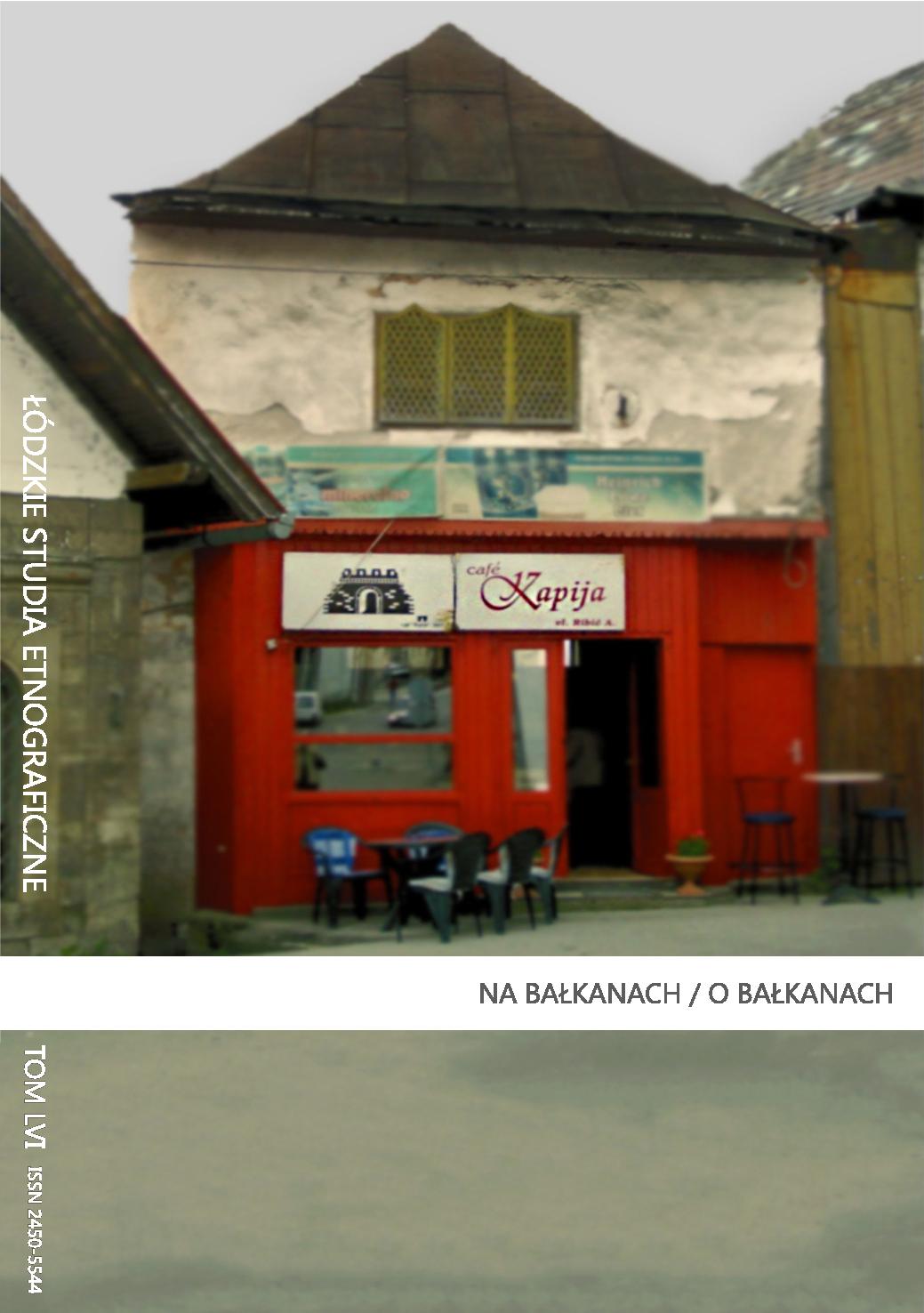
Its huge area of cultivated lands (about 5 million hectares) makes Serbia stand out against other states of the Balkan region. Food products are still one of the most important components of Serbian export. From 1 March 2012, when Serbia was granted the candidate status to the European Union, making ready to effectively competite with the Member States of the EU, which offer very similar products, became a chance of survival for Serbia’s agricultural and –food industry sector . A chance to increase the absorbency of the internal market creates an increasing culinary awareness in the Serbian society; despite the economic crisis, the Serbians are looking for new, previously unknown tastes or new taglines for tastes already known in Serbian cuisine. The real challenge for Serbian agriculture is the promotion of culinary tourism, which involves exhibiting the ability to compete with other Balkan countries by depicting a more diverse range of attractions.Promotion of the regional products is done by events typical for culinary tourism – festivals, culinary competitions, culinary tourist routes, as well as reconstructions of medieval cuisine. In the realities of Serbia, culinary tourism opens the opportunities for sustainable development of the periphery areas and, at the same time, makes it possible to retain old customs and traditions.
More...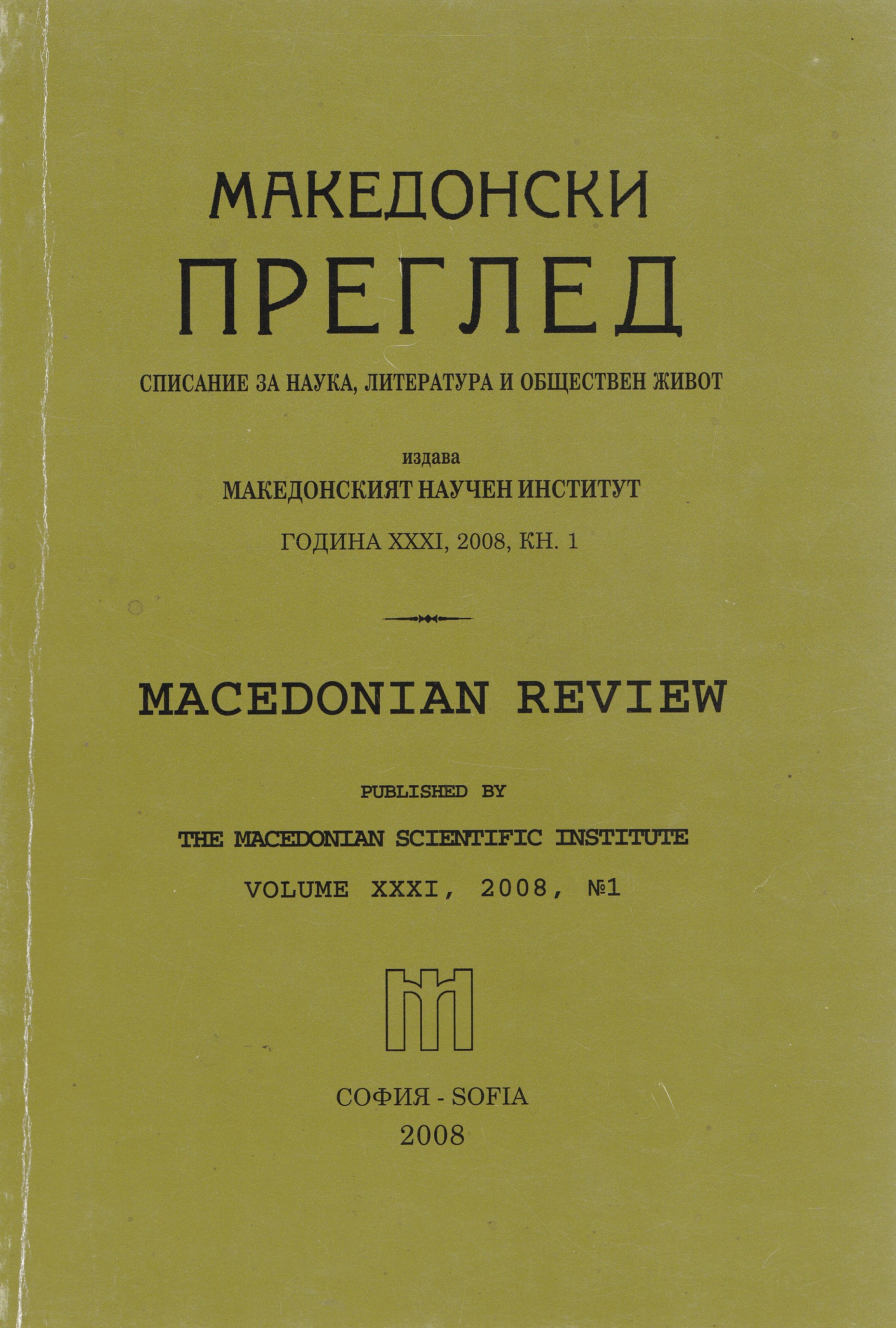
This exposition describes unknown pages from the life of the prominent revolutionist Dame Gruev. They are a valuable source for the epoch, because they are written by Dimitar Mirchev, a famous linguist from Prilep, a figure with a significant role in the Macedonian movement of liberation, one of the founders of the Revolutionary brotherhood in Thessaloniki, a secretary of the congress of Thessaloniki where in January 1903 the decision for a revolt was taken, a member of the Conciliation committee which was created after the assassination of general Al. Protogerov (1928), chairman of the national committee of the macedonian fraternities since September 1934.
More...
With this article for the first time in the historiography the issue about the Aegean Bulgarian refugees in the relations between Bulgaria and Yugoslavia has been individually studied
More...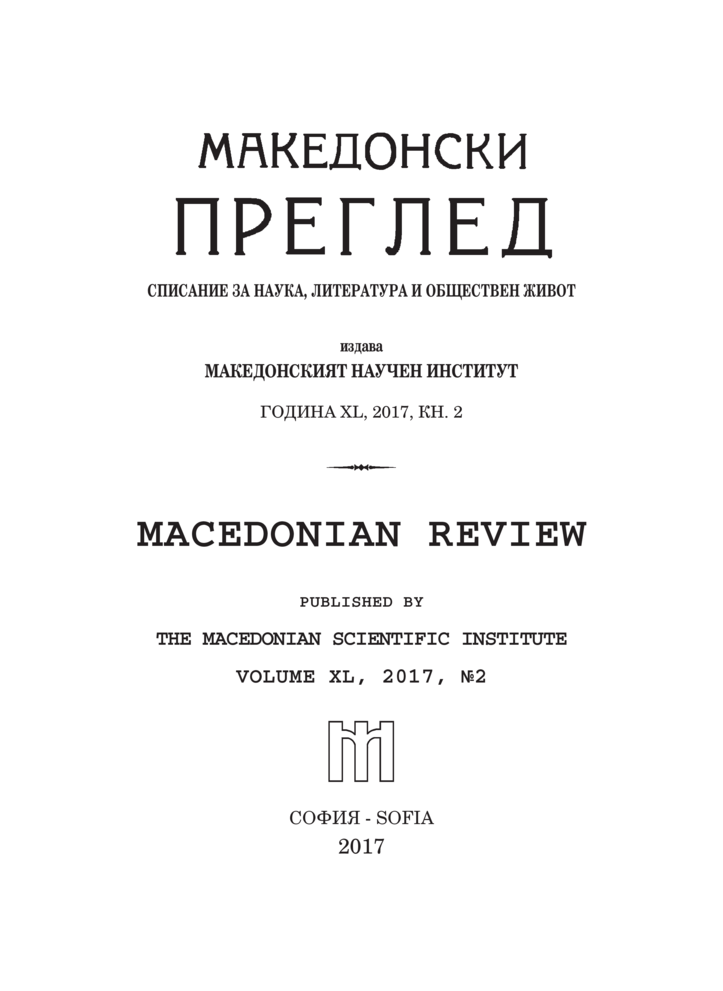
On today’s Christian feast of the Holy Spirit – 5 June 2017 – which was celebrated by our ancestors after the First World War as Macedonia’s Day, the Macedonian Scientific Institute organizes for a second consecutive time commemorative events.
More...
The building of a home is an essential part of the life of every Bulgarian. For the members of the Macedonian refugee organizations of that time, growing in number especially after the wars, the lack of place for gatherings...
More...
A Bulgarian from the town of Doyran and President of the Macedonian Scientific Institute in the period 1938-1945, Prof. Nikola Stoyanov remains in history as one of the most significant financial specialists of the Bulgarian state in the years between the two World Wars.
More...
The paper is dedicated to the person Dimitar Silyanovski (1892–1971) and focuses on some essential moments of his biography. He was a Bulgarian man of law, a Professor of civil procedural law, Dean of the Law Faculty, Rector of Sofia University “St, Kliment Ohridski“, and President of the Macedonian Scientific Institute.
More...
The article offers an overview of certain aspects from the biography of Georgi Kulishev, the last President of the Macedonian Scientific Institute before its closure in 1947. His life and deeds can be provisionally divided into three stages. In the first stage, from the beginning of the 20th century until 1944, he changed several vocations – a teacher, a publicist, a member of Parliament, a public figure, and last, but not least – an active member of IMARO and the Macedonian legal organizations.
More...
The article focuses on the activity of the Institute in the first decade of the 21st century.
More...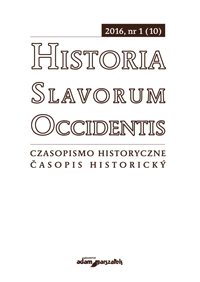
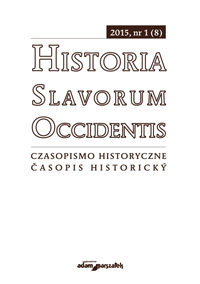
The intensity of scientific contacts between the countries is evidenced, inter alia, in the make-up of the foreign members of the academy of sciences of a given country. In the case of the Academy of Learning in Kraków, later the Polish Academy of Learning (PAU) and the Czech Academy of Sciences and Arts (ČAVU), the relations have been thoroughly investigated by a Czech historian M. Ďurčanský. As regards the relationships in the field of medicine, a mutual membership of a group of foreign members of PAU and ČAVU was uncommon, a notable example being Rudolf Kimla, the professor of the Faculty of Medicine at Charles University in Prague. Kimla was renowned for his work for the development of cooperation within the Slavic medical milieu, which was fostered by Slavic doctor conventions. Kimla’s appointment as a foreign member of PAU (1935) followed his participation in a congress of Slavic doctors held in Poznań in 1933.
More...
The study of documents and material published show that most saint houses of the Balti County occurred in the second half of the 18th Century, being built of wood in villages with old traditions. In Balti city Saint Houses have started to build similar neighbouring village-made of wood, and later of stone. It talks about the history of the church in Slobozia-Balti (1888), which first was built from wood, possible built until 1742, the year shown on stone cut , found during excavations in the yard of the church, with the nomination of authors
More...